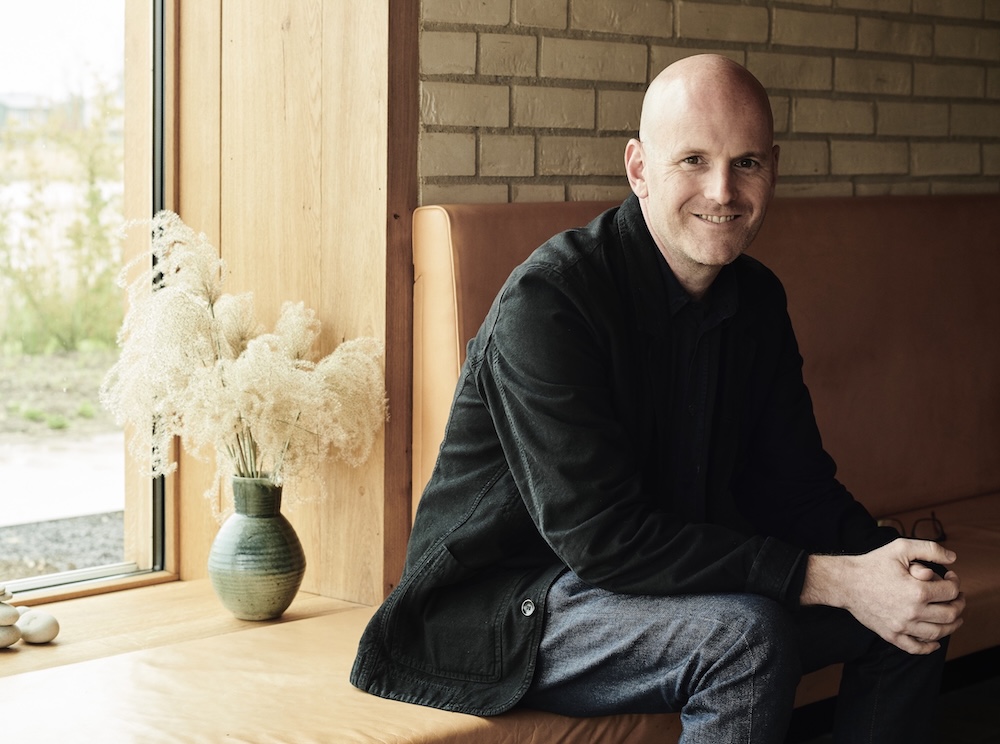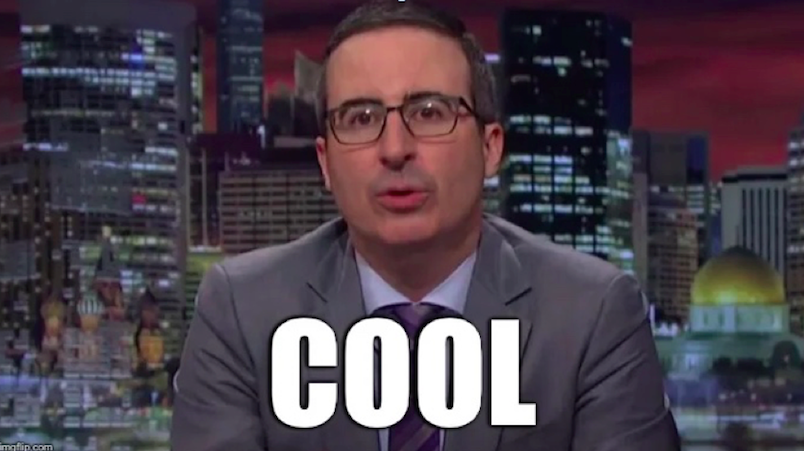Ben Liebmann: Dangerous duplicity? Cannes Grand Prix for Budweiser’s Iconic Sounds hits dangerous bum note

Originally published by Mi3 Australia, this opinion piece is by founder Ben Liebmann (pictured above), Founder of Understory, an international production company and advisory specialising in the business of media and entertainment, hospitality and culture. Here, Liebmann questions the ethics behind Budweiser and Africa Creative DDB’s Cannes Lions Grand Prix-winning ‘Iconic Sounds’ campaign, which is now facing a copyright claim from Sony, and what it reveals about the industry’s double standards when it comes to valuing creativity.
I wasn’t at Cannes this year. So yes, this is written from the cheap seats, watching from the sidelines while the industry celebrated along the Croisette.
There were plenty of trends and conversations that caught my eye from afar: artificial intelligence (did we decide if it was “the destroyer of worlds” or “the enabler of shiny new things”?), creators and influencers taking centre-stage, and sport stars flexing their muscle with marketers and advertisers at Sports Beach.
But amid all of that, one campaign stood out to me for all the wrong reasons.
Budweiser’s Iconic Sounds features a series of one-second audio clips from acclaimed artists (The Beatles, Queen, Dr. Dre, Beyoncé, Kendrick Lamar), in creative that was designed to test whether “real fans” could identify the biggest songs with barely a moment to hear them.
It’s a clever idea.
Not a groundbreaking or original one: the name-that-tune game has been played on radio for decades and is now almost a genre to itself on TikTok.
But it is clever and a bit of fun.
However, their idea didn’t just borrow from an existing format, it borrowed the music too.
You see, by using one-second clips, Budweiser, the self-declared “beer behind the music”, and their agency, Africa Creative DDB, claimed they didn’t have to pay for any music rights, arguing that the clips were too short to require licensing.
To most consumers, the licensing loophole wouldn’t have even registered.
But the brand and agency knew exactly what they were doing.
And how do we know?
Because they made “$0 spent on music rights” part of their Cannes Lions submission.
Source: Africa Creative DDB
The fact that they’d used music without permission or compensation wasn’t hidden away. It was highlighted.
So, let’s take stock: they took the idea from somebody else and then took the music from artists and songwriters.

Source: Last Week Tonight (HBO)
Two for two. You’ve got to admire the efficiency.
This was a campaign built on the shoulders of others. On music that carries cultural weight and emotional recognition precisely because of the artists who made it.
And yet, those same artists were treated not as partners, but as free material to be taken and repurposed without consent.
The message to every artist, songwriter, and rights-holder was deafening: “Your work has value. Just not to us”.
Imagine if Budweiser, or rather its parent company AB InBev, found itself on the receiving end of the same treatment.
Do you think they’d shrug and call it clever?
Well guess what, you don’t have to imagine it because they’ve sued on multiple occasions over infringement of their brands.
Anyone feel like a Coronita Extra or Corona Hard Seltzer?
If AB InBev is willing to throw legal heat over a beer or seltzer rip-off, how do they explain it when it comes to ripping off artists?
They’ve actively circumvented the rights of musicians and songwriters and then asked the industry to throw it a parade.
And somehow, it worked.
Iconic Sounds was awarded the Grand Prix in Radio and Audio.
What’s just as troubling is who awarded it.
A jury of agency professionals, the same people who rightly demand value and protection for their own creative work, looked at a brand proudly sidestepping artist compensation and called it genius.
That this was not only allowed, but celebrated, should give us all pause.
And it reveals something deeper.
This isn’t just about one brand or one idea. It’s about an industry that often says one thing and does another. We speak earnestly about valuing creativity. About protecting intellectual property. About defending originality. But we’re happy to look the other way so long as the case study film cuts well.
It also extends beyond the industry.
Our feeds are increasingly filled with Veo 3 and MidJourney-generated slop, complete with some of the usual claims of “I made this in four hours and for only $200” and followed by fanboy cheers and sweeping declarations that “agencies are dead”, “Hollywood is over”, and “creativity has been democratised”.
We’re seeing a generation that is detached from how the creative economy works. There’s either a gap in understanding, or a lack of interest, in how artists make a living and what’s required to protect the conditions for great work to be made.
But when it comes to their own ideas, their own IP, their own “original content”? That’s where the line gets drawn. Funny how the ethics kick in only when it’s their work on the line.
I’ve written before (possibly…probably too often, for those following along at home) about the need to properly value artists and the creative community. Not just out of principle, but pragmatism. If we want a future with great music, great writing, and great ideas, we must defend the systems that sustain the people who make them.
Cannes is meant to celebrate the best of our industry. Work that moves culture forward. Work that makes people feel something. Work that builds brands while leaving the world, at least in some small way, a little better than it found it.
If Iconic Sounds is what we’re awarding now, then maybe it’s time we asked, very genuinely, what exactly we’re celebrating and quietly giving permission to.

1 Comment
I was prepared to get cranky with Mr Liebmann but he nailed the entry.
Much like another Cannes scandal that lead to another Brazilian CCO taking one for the team, the problem isn’t the shenanigans of this generation. Any more than the problem was the shenanigans of Singapore in the 80s or the multinationals in recent years.
The problem is that shenanigans get rewarded. They are rewarded by judges who know full well that 80% of entries breach the spirit if not the letter of the law. I actually don’t think it is the job of judges to police copyright law, but it is their job to police lack of originality and blatant cheating.
But even that isn’t the real problem. Cannes and most other award shows, even when supposedly non-profit like AWARD and D&AD, don’t exist to reward good work.
They exist to reward entering.
We can’t expect judges to be ethical police when the entire festival is structured to encourage and reward work created for the sole purpose of winning at Cannes.
But even that isn’t the real problem.
The real problem is that every agency, every creative, and every judge knows it is all nonsense. Expensive nonsense.
And yet we enter, judge, and pontificate anyway.
Every year I look at Cannes categories to see if they can get any sillier. Every year I am gobsmacked. I’m now immune to the ever-expanding doing good categories.
But even I have to tip my cap at the audacity of a new category for Luxury.
Again, I can’t blame Cannes for being Canny.
It’s us.